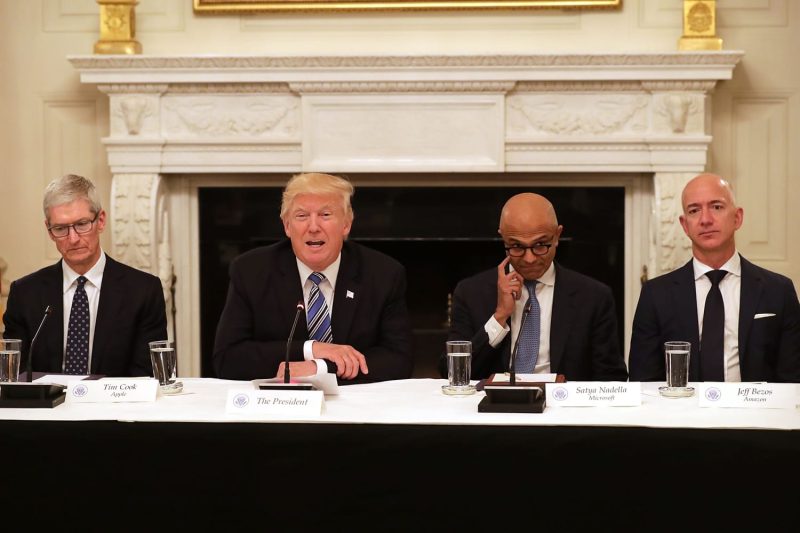The unexpected victory of Donald Trump in the 2016 U.S. presidential election sent shockwaves across the political and economic landscape. This was particularly true on Wall Street, where financial markets are highly sensitive to political events and policy changes. Despite initial uncertainty and skepticism surrounding Trump’s unorthodox approach to governance, many on Wall Street began to anticipate that his presidency could lead to a new era of deal-making and deregulation.
One of the key factors contributing to the optimism on Wall Street was Trump’s background as a businessman and deal-maker. Throughout his campaign, Trump frequently emphasized his business acumen and negotiating skills, promising to bring a new level of efficiency and pragmatism to Washington. This resonated with many investors and market analysts who saw the potential for Trump to leverage his business experience to drive economic growth and facilitate major deals.
Furthermore, Trump’s promises to roll back regulations and cut taxes were seen as highly favorable to Wall Street. Many financial institutions had long been critical of the regulatory environment put in place following the 2008 financial crisis, arguing that it stifled innovation and limited their ability to compete globally. Trump’s pledges to reduce regulatory burdens and lower corporate taxes created a sense of optimism among investors, who believed that these policies could help stimulate economic growth and boost corporate profits.
The prospect of deregulation and tax cuts also fueled expectations of increased deal-making activity. Many on Wall Street believed that a Trump presidency would create a more business-friendly environment, encouraging companies to pursue mergers and acquisitions in order to drive growth and profitability. This sentiment was further supported by Trump’s vocal support for infrastructure spending and his promise to overhaul the tax code, both of which were seen as potential catalysts for deal-making activity in sectors such as construction, transportation, and energy.
In the months following Trump’s inauguration, these expectations began to manifest in tangible ways. The Trump administration moved quickly to dismantle key components of the Dodd-Frank financial reform law, easing capital requirements and other regulatory burdens on banks. This was welcomed by many on Wall Street, who believed that regulatory relief would free up capital for lending and investment, supporting economic growth and market activity.
Additionally, Trump’s tax reform efforts, culminating in the passage of the Tax Cuts and Jobs Act in late 2017, further boosted market sentiment. The corporate tax rate was slashed from 35% to 21%, providing a significant windfall for businesses and prompting many companies to announce plans for capital expenditures, wage increases, and other investments. This wave of optimism translated into a surge in deal-making activity, with a flurry of mergers and acquisitions taking place across various industries.
Looking ahead, the future of deal-making on Wall Street under a Trump presidency remains uncertain. While the administration’s deregulatory and pro-business agenda has undoubtedly fueled optimism and activity in the short term, ongoing trade tensions, geopolitical uncertainties, and the potential for policy reversals loom large. Nevertheless, the Trump presidency has undeniably reshaped the deal-making landscape on Wall Street, ushering in a new era of optimism, volatility, and opportunity for investors and businesses alike.
In conclusion, the Trump presidency has reshaped expectations on Wall Street, unleashing a wave of deal-making activity driven by promises of deregulation, tax cuts, and a more business-friendly environment. While the long-term implications remain to be seen, the impact of Trump’s presidency on deal-making is already visible in the surge of mergers and acquisitions and renewed optimism among investors. As the political and economic landscape continues to evolve, Wall Street will remain a key barometer of the deal-making potential under the Trump administration.
